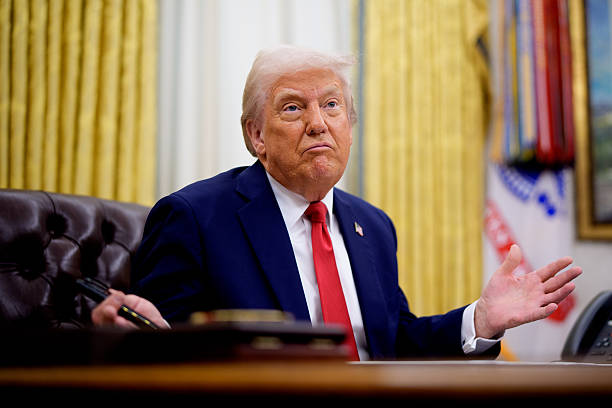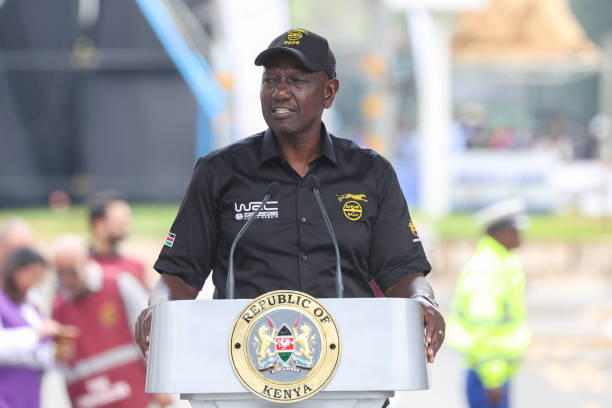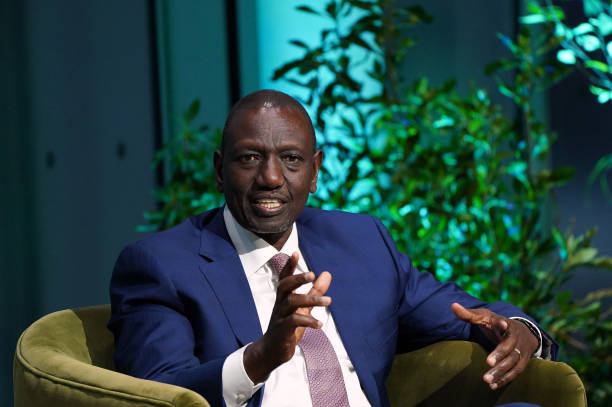
WASHINGTON, DC - MARCH 31: U.S. President Donald Trump gestures while speaking during an executive order signing event in the Oval Office of the White House on March 31, 2025 in Washington, DC. Trump has signed an executive order against ticket scalping and reforming the live entertainment ticket industry. (Photo by Andrew Harnik/Getty Images)

President Donald Trump, known for his bold moves, signed a new executive order imposing reciprocal tariffs on trade with Kenya.Kenya’s trade with the US, valued at a whopping Ksh109.7 billion, is set to take a hit with a 10% baseline tariff on all exports.
The sectors that will feel the pinch the most? Textiles, tea, and coffee, which have been enjoying exemptions under the African Growth and Opportunity Act (AGOA). This could spell trouble for Kenyan exports, potentially leading to job losses and decreased revenues for businesses relying on the American market.
“Pharmaceuticals, including vaccines and blood products, are also on the chopping block. With Kenya exporting around Ksh22 billion worth of pharmaceutical goods to the US, these new tariffs are no joke.”

Trump’s rationale behind these tariffs? To protect America’s interests in trade with affected countries. He argues that VAT systems, like the one used by Kenya, put American exports at a disadvantage. So, he’s taking a stand for the American worker and putting America first.On the flip side, Kenya imports goods worth Ksh113.03 billion from the US, facing a standard 16% VAT.

Meanwhile, Kenyan exports to the US enjoy zero-rated VAT, making them more competitive. This has stirred up cries of unfair competition from US exporters, leading to these new tariffs.And Kenya isn’t alone in this boat. Tanzania and Uganda are also facing the wrath of the 10% reciprocal tariff. It’s a tough time for trade in the region, with ripple effects that could be felt far and wide.




